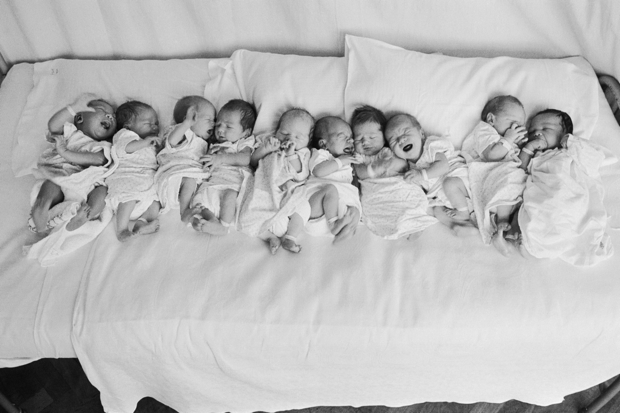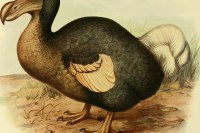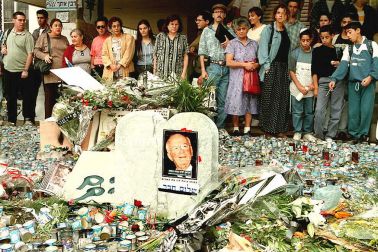The latest official lists of the 100 most popular boys and girls’ names in England and Wales confirm the dominance of the Old Testament as well as the Edwardian ascendancy in the hearts of our nation’s newest parents. With the Calebs, Jacobs, Noahs, Samuels, Alfies and Freddies, the names given to boys in 2015 read like a rustic mash-up of Moby Dick and The Importance of Being Earnest.
I have no objection to the Old Testament, nor late Victorian or Edwardian names – indeed to borrow the Telegraph’s gag, it’s super to see Doris getting her day again – but I do wonder why people choose names that so frequently lead the most popular lists.
How much – and no offence intended – do you have to like the name Oliver to impose it upon your newborn when a moment’s online searching will show you that it’s been the most popular name for a boy for about the last decade? Indeed, Oliver has topped the Office for National Statistics list five times since 2009 and held a top three slot every year since 2007. If you include 2006, when it was fourth (and still chalked up about 6,000 little members of the nomenclative fan club), you’re looking at something like 60,000 kids all called Oliver in the last decade – more than enough to populate their own parliamentary constituency one day.
Yet undaunted by Oliver’s modish hegemony some 13,000 parents still pressed on and imposed it on another 7,000 little boys in 2015. This very day there are perhaps 20 babes in arms being blessed with this very moniker. The weary-eyed mother looks down, cradling the still goo-covered infant, and thinks, ‘O, my little Oliver…’ But walk into any classroom in one of the 17,000 primary schools in England, and ask for an Oliver now, and half a dozen kids will put their hands up.
So what are these parents thinking? A mild lack of originality is one thing, but why would anyone follow the herd with such slavish certainty? Because having created this perfect, unique bundle of joy, is it not faintly incumbent upon us as parents to at least attempt to bless that child with a name that offers a shred of individuality, too? Of course we don’t want them to be called anything freakishly unusual – who wants to spend their lifetimes spelling out their name phonetically to call centres – but there is a happy medium. Becoming the 6,941st Oliver of 2015 can’t be it.
For us earlier this year the happy medium was Herbie. Not everyone agreed: my father initially refused to call his grandson it – ‘that’s what we called certain people in the army,’ he harrumphed. But for us it combined the right level of modern day informality with, in its proper form – Herbert – the ability, if so required, to run a FTSE 100 company or carry a knighthood. Well, you never know, do you? And here’s the good news: according to the ONS figures there were just 52 Herbies and 44 Herberts born in 2015 – putting them in 656th and 740th place respectively in the rankings of name popularity in England and Wales. That’s a pretty safe, low position for those of us who care about these things.
But one mustn’t be complacent when it comes to names because 2015’s is the highest Herbie-count for donkeys years and with names it’s all about trajectory. Ten years ago, for instance, Herbie was nowhere – languishing down the tables as the 919th most popular boy’s name with just 24 usages; and ten years before that in 1996 it was in 1591th place, with just seven boys being given it – so it was almost extinct.
But if you put that all on a graph, chuck in a celebrity birth or two, you’ll see that sometime in the not-too-distant future that curve will catch up with all the little boys named Oliver, Jack, Harry and Joshua. And before you know it every class in Britain will have its own little Herbert – or two.
Indeed, as if to make the point that there’s no escaping it, on the day that our son’s birth announcement appeared in the newspaper, the very announcement beneath his also contained a Herbie – the old brother of a newly announced infant in question. We weren’t just unoriginal, we were pipped to the post.
So you see, try as we might, we’ve also inadvertently joined a naming trend of our own. We might well be a few splashes upstream of the 2015 Olivers or Jacks, but we’re fundamentally still swimming into the same zeitgeist trap. And that’s because there really is no escaping it. Names are like lipstick, haircuts and restaurants. They go in and out of fashion and it’s just a question of whether or not you’re an early or late adopter.






Comments